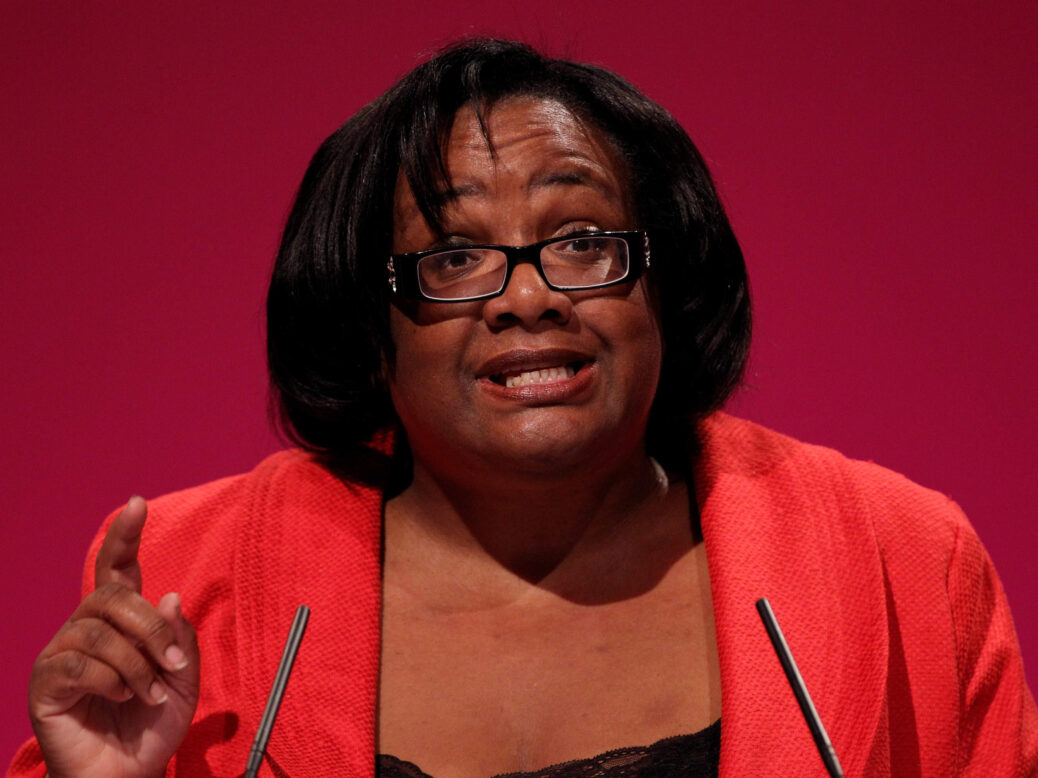
When George Osborne announced the level of the new cap on welfare spending in his Budget and the government’s plan to stage a vote on the issue this week, many predicted Labour would walk into his “trap” and vow to oppose the measure. But immediately after the Chancellor’s speech, Ed Balls defied expectations by announcing that his party would be supporting it. As he explained at his post-Budget briefing to journalists, “We’ll vote yes on the welfare cap next week…Ed Miliband called for a welfare cap last year, in his speech in June, and we have agreed with the way in which the government has structured the welfare cap, what’s in and what’s out in the next parliament.”
Since the cap (set at £119bn for 2015-16) excludes cyclical benefits such as Jobseeker’s Allowance and housing benefit for the unemployed, spending on which fluctuates according to the state of the economy, Labour is prepared to accept it. As Balls alluded to, Ed Miliband used his speech on social security last summer to announce his support for a cap on “structural welfare spending”, a pre-emptive move designed to spike Osborne’s guns.
But while the Labour leadership has endorsed the government’s cap (and will whip MPs in favour on Wednesday), a significant minority of Miliband’s backbenchers are opposed to the policy. When I spoke to Diane Abbott this morning, she told me that she would not be voting in favour of the cap on the grounds that it will “encourage cuts in benefits, rather than long-term strategies to do things to bring the benefits bill down, like housebuilding, like a rise in the minimum wage … I cannot support an arbitrary cap”.
She warned that the measure was “part of a political narrative which demonises welfare claimants; most of the public don’t understand that half of welfare claimants are pensioners and that another quarter are in work.” When I asked her whether she would be voting against, she told me that she was “consulting with her local party”. But backbenchers John McDonnell, Ian Lavery and Mike Wood have all told The Staggers that they will be opposing the measure, with at least 10-15 expected to join them.
The size of the rebellion will be a good indicator of the number of MPs who could be expected to oppose future austerity measures introduced under a Labour government. If Miliband enters Downing Street with a small majority, he could be held hostage by his party’s left.
P.S. The Tories are keen to point out that as well as voting for the welfare cap on Wednesday, Labour will also be endorsing Osborne’s current fiscal rules: to eliminate the structural deficit over a rolling, five-year period and to reduce the national debt as a proportion of GDP by 2015-16. But one Labour source pointed out to me that the Chancellor is still forecast to breach the second of these commitments (debt is not forecast to fall until 2016-17), remarking that “the Tories have rather messed this up if they want to highlight their broken fiscal targets”.



